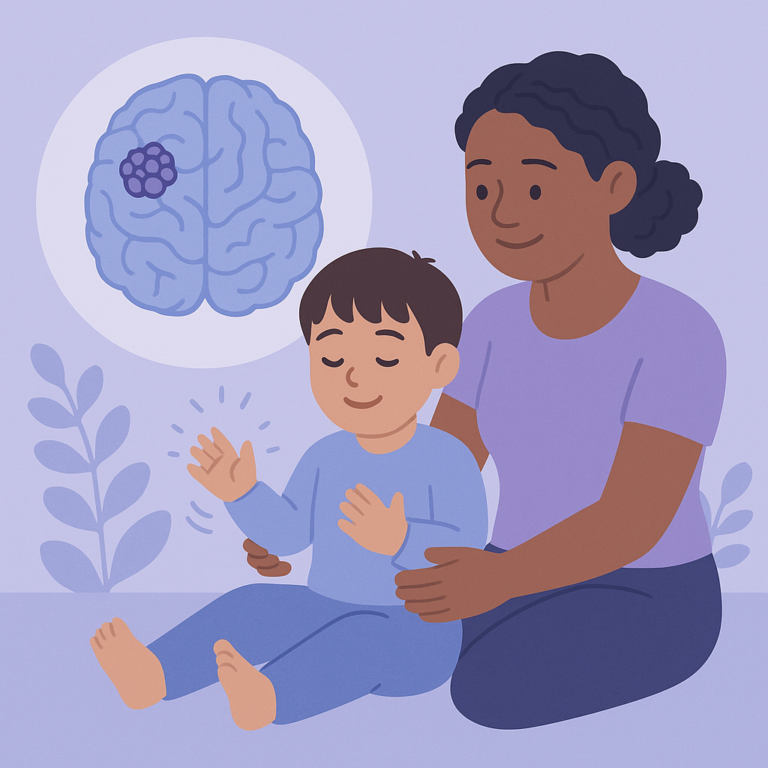New Genetic Variant Linked to Epilepsy and Developmental Disorders
Summary
Researchers studied a specific genetic change, called a frameshift variant, in a gene known as NPRL2. They looked at families where members had focal epilepsy, a type of epilepsy that affects only a part of the brain, and also examined individuals with neurodevelopmental disorders, which can affect learning and behavior. The study included various people from these families to understand how this genetic change impacts their health.
The key findings showed that not everyone with the NPRL2 variant experienced the same symptoms. Some family members had focal epilepsy, while others showed signs of neurodevelopmental disorders, like difficulties with learning or behavior. This suggests that the same genetic change can lead to different health issues in different people, which is known as incomplete penetrance and variable phenotypes.
This research is important because it helps us understand how genetic changes can lead to different outcomes in health, especially in epilepsy and neurodevelopmental disorders. However, the study has limits, such as a small number of participants and the complexity of genetic factors, which means more research is needed to fully understand these conditions and how they affect individuals.
Related reading
- Genetic Risk Linked to Brain Changes in Children with Epilepsy
- Effective Treatments for Pyridoxine-Dependent Epilepsy in Children
- Managing Suicidal Thoughts Linked to Levetiracetam Treatment
- Effective Therapies for Anxiety and Depression in Epilepsy
- Understanding Insular Epilepsy and Its Seizure Signs
- Oral Health Challenges for People with Epilepsy
Free: Seizure First Aid Quick Guide (PDF)
Plus one plain-language weekly digest of new epilepsy research.
Unsubscribe anytime. No medical advice.





